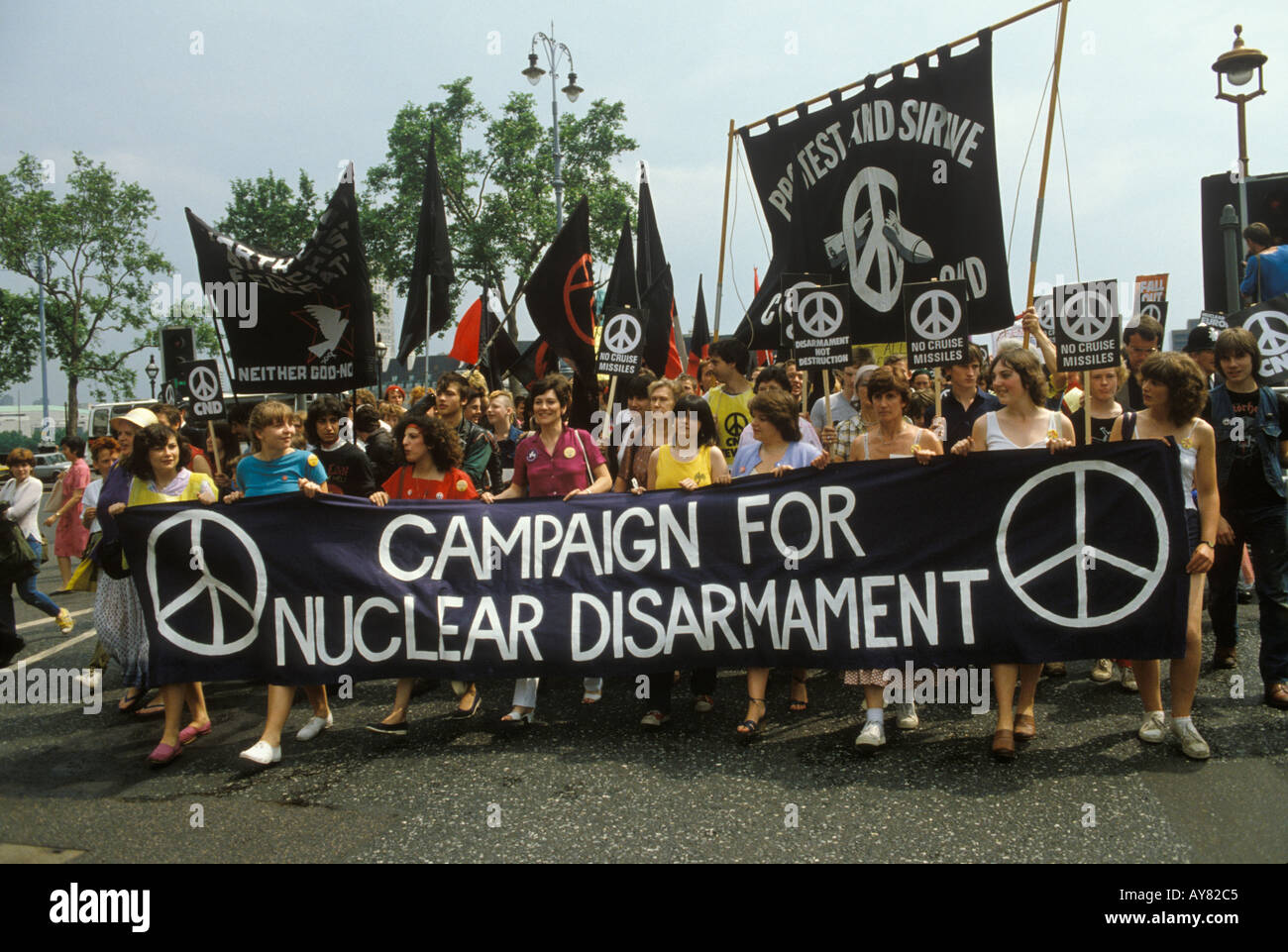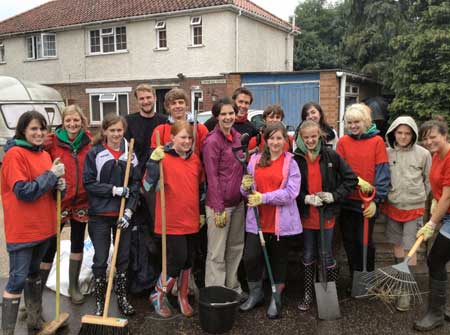Listening to a radio programme about how ISIS attracts
followers, a couple of things struck me about people in general, and young
people in particular:
1) They need to belong
2) They need to put their energy and commitment behind something that seems meaningful
These needs must have their roots in our tribal past, and
they are particularly strong among adolescents with their drive to create a new
adult identity.
In many ways, chance dictates what particular tribe people
join. It might be a sub-culture, gang, football team, political movement,
religion, type of music or support for an issue or minority. When I was a
teenager I was into the Anti-Nazi League and CND. I went on marches and
attended rallies against Cruise Missiles being brought onto British soil. It
was only when I went abroad for a year to be an au pair that they managed to
install them behind my back.
 |
| Image courtesy of www.alamy.com |
Young people are often fervently engaged with their cause, however
wrong-headed or trivial it might seem to others. In my twenties, I studied
English Literature. You may not realise how passionately that subject area was
divided in the early eighties – how we disdained old-school, bourgeois literary
criticism and cheered on Marxist, post-structuralist, psychoanalytical and
linguistic approaches – oh, I can’t even remember all the ‘isms’ we believed in,
but we were passionate about every one.
 |
| Thatcher's Britain - the miners' strike, image courtesy of www.mirror.co.uk |
And of course, I lived in Thatcher’s Britain, and so we occupied
campus banks that supported South Africa, and marched for the miners and
against the cuts. In 2013, when Thatcher died and was duly eulogised, the vilification
that followed was a wake-up call. People still detested her, in their blood and
bone – which in an era of insipid battles for the middle ground, was a reminder
of how tribal British politics used to be.
Ideology was made for the young, who haven’t yet suffered
the disillusionment of seeing things fail. With maturity (or is it complacency,
or compromise?) we look back on the beliefs of our youth and see how starkly
black and white they were. I would not have believed you if you had told me
then that in throwing out the old orthodoxies, we were just creating new ones.
When you are young and energetic, you are on the lookout for
something to throw your energy into. It might be a sport or a personal
challenge, but it might be a campaign or activity. Churches ignore this at
their peril. If they are teaching the love of Jesus, but not leading young
people into an active expression of that teaching, they will lose those young
people (and some older people too).
 |
| Christian young people in community action, courtesy of www.networknorwich.co.uk |
And young people quickly become expert at debunking the myths they are fed; the marketing and the media narratives that bombard them all day. This puts
them on the look-out for an alternative reality, a counter-narrative that they
can believe in.
I am no expert on jihadist persuasion, but I do wonder if it
uses all these factors to draw young people in. What if they haven’t found
something to believe in, if life seems mundane or pointless, if they don’t have
a feeling of belonging? What if someone points out that the media are feeding
them a worldview that needn’t be theirs? A lot of what enters their minds
through screens, large and small, is skewed or untrue. If someone offers
them an alternative reality, it might feel like the scales falling from their
eyes and a truth that had been kept from them finally being revealed. Friends
or loved ones who argue against it might just seem blind to its real value.
This is why people join cults; it might also be why they leave everything
behind them and travel to Syria, while in the same news bulletin, we learn that
people whose lives and homes are in Syria have died in their desperation to
leave.